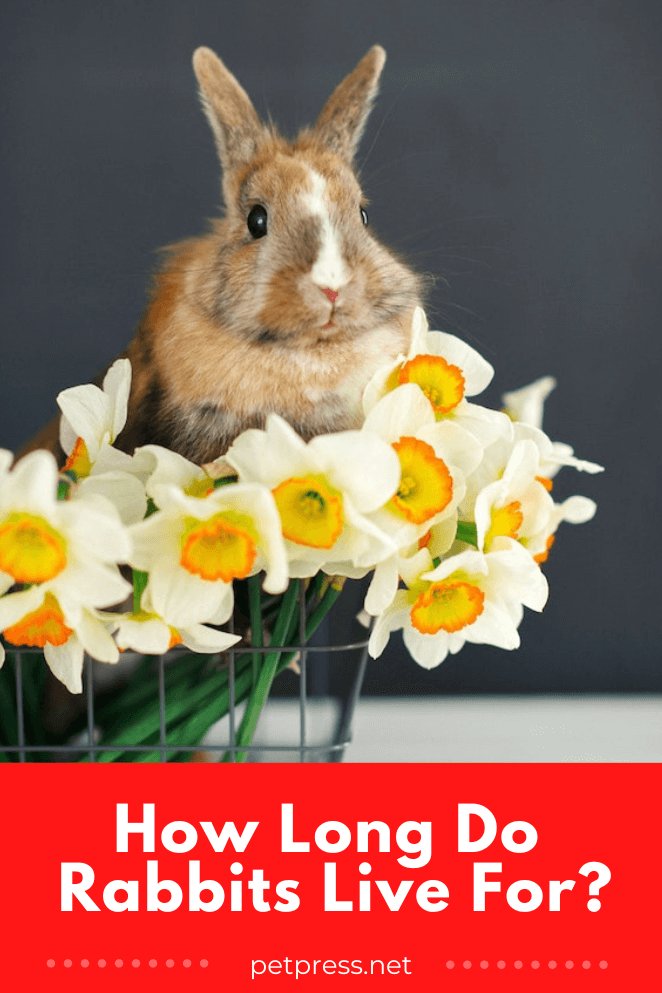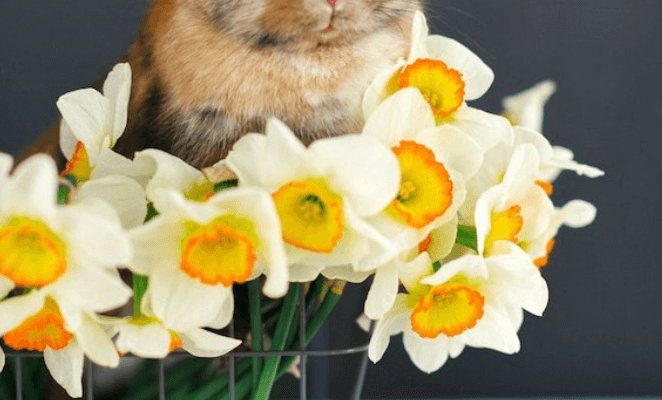
Rabbits can be incredibly dynamic members of the family, hopping around and bringing joy to our lives. But just like us, they go through phases as they age, and their care needs can change significantly. Whether you’re considering adopting a rabbit or already have one, knowing more about their lifespan and what senior rabbit care involves is key to keeping them happy and healthy.
Average Lifespan of Rabbits
Rabbits typically live between 8 to 12 years, but this can vary widely based on factors like breed, diet, and living conditions. Some smaller breeds, like the Netherland Dwarf, might lean towards the longer end of that range. Larger breeds, such as the Flemish Giant, often have shorter lifespans, usually around 5 to 8 years. Think of it like choosing between different cars—some are built to last longer than others.
The conditions in which your rabbit lives can greatly affect how long they live. Indoor rabbits generally enjoy longer lifespans because they’re protected from predators and harsh weather. Outdoor bunnies, on the other hand, face risks from the elements and other animals. Plus, proper veterinary care, a balanced diet, and mental stimulation all play crucial roles in extending a rabbit’s life.
You might wonder about genetics as well. Just as some families have a history of long-lived members, your rabbit’s background can influence its lifespan. Ensuring that your bunny comes from a healthy lineage can set the stage for a long, happy life.
Senior Rabbits: What To Expect
As your rabbit approaches the age of 5 or 6, you might start to notice some changes. Just like us, rabbits can slow down a bit as they become seniors. They may not hop around as energetically, and you might find them enjoying longer naps. Their physical appearance can also change—older rabbits may develop graying fur or even lose a bit of weight if they’re not eating as well. Here’s the thing: these changes are perfectly normal, but they can also be signs that your rabbit needs a bit more love and care.
Senior rabbits may also face health issues that require your attention. Conditions such as dental problems or arthritis can arise. It’s a good idea to have more frequent vet visits during this time; your vet can help catch any potential issues early. Just like how we benefit from regular check-ups, older rabbits thrive with proper medical oversight.
Ensure their living environment is comfortable. Providing easier access to food and water, along with soft bedding, can improve their quality of life. The goal here is to make sure they feel safe and cozy as they age.
Nutrition for Senior Rabbits
Feeding your senior rabbit a healthy diet is essential for maintaining their health. As rabbits age, their dietary needs change. You might have been giving them a mix of pellets, hay, and fresh veggies, but senior rabbits may need a bit more fiber and less sugar. Hay should still be the mainstay of their diet, but you might consider offering different types like timothy hay or oat hay, depending on your bunny’s preference.
When it comes to pellets, look for high-fiber options specifically formulated for older rabbits. These can help with digestive health and keep their weight stable. Avoid treats that are high in sugar or fat, as these can lead to health issues. It’s similar to how we need to watch our sugar intake as we get older.
Adding in fresh greens is great, but be careful to introduce any new veggies slowly. Some older rabbits can have sensitive stomachs, so introducing new foods gradually helps avoid any digestive upset. Always check which greens are safe, as some, like iceberg lettuce, can actually cause more harm than good.
Signs of Aging in Rabbits
Recognizing the signs that your rabbit is aging is important for providing the best care. As I mentioned earlier, you may see changes in their energy levels or weight. You might also notice changes in their grooming habits. Senior rabbits may groom less, leading to a scruffy appearance. If you see that your bunny has matted fur or seems less clean, lend a helping hand.
Another telltale sign is their eating habits. If they suddenly refuse food, it could indicate health issues like dental problems. Pay close attention to their litter box habits, too; any changes here could be a red flag. If they’re not producing as much waste or seem to be straining, it’s time to consult your vet.
Keep an eye on their mobility. If you notice them moving stiffly or being reluctant to jump onto their favorite spot, they might be dealing with arthritis. Providing ramps or soft bedding can help them get around more easily, making their space more accessible.
Senior Rabbit Care Tips
Taking care of a senior rabbit requires a few adjustments to ensure their comfort and happiness. First off, maintaining a stable environment is crucial. This means limiting stressors around their living space. Sudden changes, loud noises, or new animals in the house can be overwhelming.
Regular vet check-ups become even more important, so consider scheduling visits every six months instead of once a year. Your vet can keep an eye on their teeth, weight, and overall health. This proactive approach can catch issues before they become serious.
Creating a cozy habitat is another must. Invest in soft bedding, and provide plenty of hiding spots where they can feel safe. Older rabbits often enjoy their solitude, much like we sometimes just want a quiet moment to ourselves.
Lastly, keep their playtime gentle and stress-free. Offer toys that are easy to handle, and consider playing on the floor to keep things low-impact. Remember, the goal is to keep them engaged but not overstressed.
Emotional Well-being for Senior Rabbits
Just like physical health is vital for your rabbit, so is their emotional well-being. We’re all familiar with mood swings, right? Well, rabbits experience emotions, too! They can feel lonely, bored, or anxious, especially as their energy levels drop. It’s essential to spend quality time with them, offering gentle petting, quiet conversations, or just sitting nearby.
Consider offering enrichment activities that stimulate their minds without requiring too much physical effort. Simple puzzle toys or hiding treats can keep their brains active. Just imagine how satisfying it is for them to discover a hidden snack—it’s a bit like solving a mystery!
Socialization is also important. If your rabbit is comfortable with other pets or rabbits, supervised interactions can brighten their day. However, always monitor these playdates to ensure it’s a positive experience for everyone involved.
Providing a consistent routine helps with emotional stability too. Just like we thrive on predictability, so do rabbits. Feeding them at the same time each day or having a set playtime can create a sense of security.
Understanding how long rabbits live and what to expect as they age is crucial for any rabbit parent. By knowing their lifespan and how to care for them in their senior years, you can ensure that these furry companions enjoy a happy and healthy life. Just remember, each rabbit is unique, and their needs will vary.
Offering love, attention, and proper care can help your bunny feel cherished. Embrace the changes and challenges that come with aging. After all, our furry friends deserve the best in their golden years.

